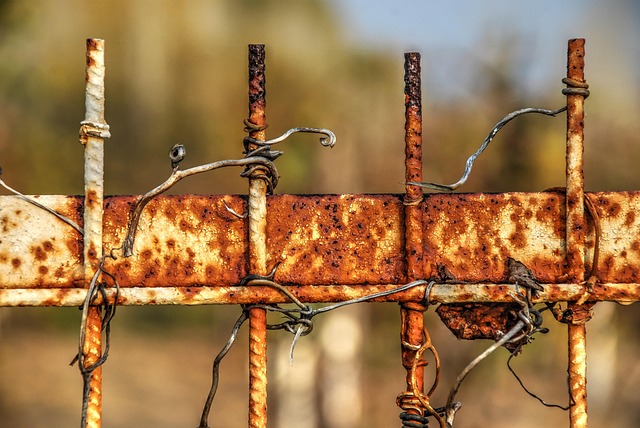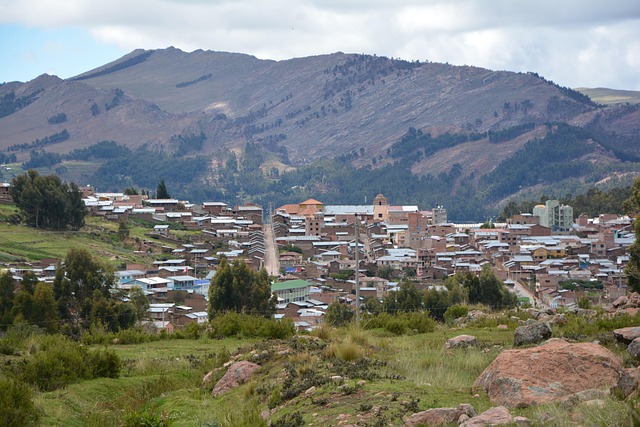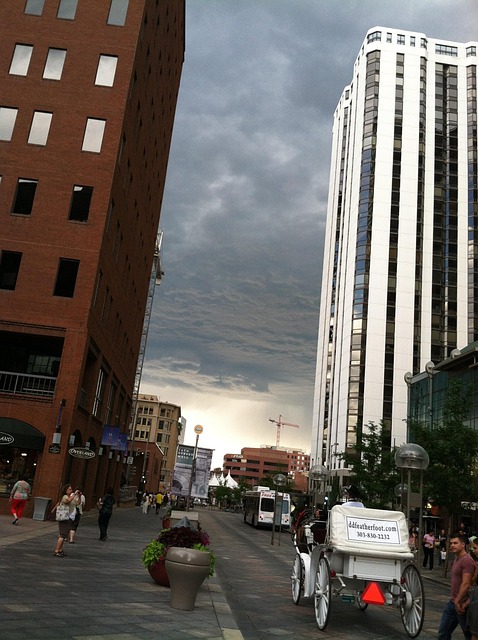In Denver's humid climate, specialized Mold Remediation Denver insurance is vital to protect against mold-related costs. Standard policies often exclude mold claims, so tailored plans are key. Understand deductibles, exclusions for pre-existing conditions, water damage from neglect, and health risks of certain molds. Stand-alone or endorsement add-ons ensure financial protection for mold removal. Prompt action by calling Denver mold specialists aids in prevention and mitigation.
In Denver, where humidity levels can foster mold growth, understanding your mold insurance coverage is crucial. This guide navigates the complex landscape of mold remediation in Denver, focusing on various policy options available. We’ll explore common exclusions, unique city risks, and the claims process to empower you with knowledge. Discover how to choose the best mold coverage for effective recovery, tailored to Denver’s specific needs.
- Understanding Mold Insurance Coverage in Denver
- Common Exclusions: What's Not Covered?
- Types of Mold Remediation Policies Available
- Denver's Unique Mold Risks and Considerations
- Claims Process: Steps to Effective Recovery
Understanding Mold Insurance Coverage in Denver

Understanding Mold Insurance Coverage in Denver is crucial when navigating the complex landscape of home ownership or renting. In this vibrant city known for its bustling atmosphere, mold can be a persistent issue due to the moist climate and diverse housing options, from cozy apartments to spacious homes. When it comes to protecting against mold growth and associated remediation costs, insurance plays a vital role.
In Denver, homeowners and renters should explore different mold insurance coverage options tailored to meet their specific needs. Standard home insurance policies typically do not cover mold-related claims, so specialized coverage is essential. This includes provisions for both mold testing and remediation services in Denver. For instance, expert mold remediation services in Denver can help identify hidden moisture sources and remove contaminated materials, ensuring a thorough clean-up. Moreover, understanding the scope of coverage, deductibles, and exclusions specific to mold damage will empower individuals to make informed decisions when comparing different insurance plans, ultimately facilitating effective mould removal tips for Denver apartments.
Common Exclusions: What's Not Covered?

When considering mold insurance coverage options in Denver, it’s crucial to understand what’s excluded from policies. Common exclusions include pre-existing mold conditions and water damage resulting from neglect or lack of maintenance. Many policies won’t cover mold remediation if it’s caused by tenant or homeowner negligence, such as ignoring visible signs of moisture or failing to repair leaks promptly. Moreover, certain types of mold, like black mold, may be excluded due to their potential health risks and the specialized nature of their removal.
Understanding these exclusions is vital when navigating the process of remediating hidden mold damage. Following mold remediation do’s and don’ts, such as properly ventilating affected areas and using appropriate personal protective equipment, can help prevent further contamination. If you’re dealing with extensive or hidden mold damage, consider affordable Denver mold restoration services that specialize in identifying and mitigating these issues effectively. Remediating hidden mold damage requires expertise to ensure it doesn’t reappear, protecting your health and your property value.
Types of Mold Remediation Policies Available

When it comes to addressing mold issues in Denver homes or businesses, understanding the available remediation policies is paramount. These policies are designed to cover the costs associated with removing mold and mitigating its impact on affected areas. In the heart of Denver, where humidity levels can rise, especially during certain seasons, black mold removal safety tips become essential for property owners. Many insurance providers offer specialized coverage for water damage restoration in Denver, a common cause of mold growth due to leaky pipes, flooded basements (Denver), or weather-related incidents.
The two primary types of mold remediation policies are stand-alone coverage and endorsement add-ons. Stand-alone policies are specifically tailored to address mold-related issues and may include provisions for inspection, testing, and the removal of both visible and hidden mold. This comprehensive approach ensures that every aspect of mold remediation is covered. Endorsement add-ons, on the other hand, provide a more cost-effective solution by allowing homeowners or business owners to include mold coverage within their existing property insurance policies, such as those for water damage restoration in Denver. This option can be particularly beneficial for those already insured and seeking an easy way to expand their protection.
Denver's Unique Mold Risks and Considerations

Denver’s climate creates a unique environment that presents specific challenges when it comes to mold growth. With its mild winters and frequent rain, the city experiences high humidity levels year-round, making it susceptible to moisture-related issues. This is especially true for older homes or buildings with inadequate ventilation, where condensation can accumulate in walls, attics, and crawl spaces, providing the perfect breeding ground for mold.
Additionally, Denver’s proximity to mountains and its diverse landscape mean that some neighborhoods are at a higher risk of flooding. These catastrophic events not only cause extensive damage to properties but also leave behind substantial amounts of moisture, creating ideal conditions for mold to thrive. As such, when comparing insurance coverage options for mold remediation in Denver, it is crucial to consider the city’s unique environmental factors and seek out professionals who specialize in denver mold specialists near me, ensuring that any policy includes comprehensive support for top-rated mold remediators Denver has to offer, especially after flooding events that may require expert denver mold restoration services.
Claims Process: Steps to Effective Recovery

When navigating mold remediation Denver, understanding the claims process is vital for an effective recovery. The journey begins with identifying visible signs of mold and documenting the affected areas. Homeowners or businesses should then contact their insurance provider to report the issue, ensuring they have the necessary details about the damage. This initial step is crucial as it triggers the claims process, leading to potential financial assistance for mold remediation Denver.
The next steps involve filing a formal claim, which typically requires providing evidence of the mold problem and its impact. This may include photographs, assessments from professionals, or expert reports. Once approved, the insurance company will either cover the cost of mold remediation Denver directly or provide a reimbursement after the work is completed. It’s essential to choose a reputable insurance provider that understands the complexities of mold-related issues, ensuring a smoother process and faster recovery for your property and peace of mind. Additionally, when to call a mold specialist Denver should be considered as part of long term mold prevention strategies, as prompt action can mitigate extensive damage and costly repairs.
When it comes to mold remediation in Denver, understanding your insurance coverage options is crucial. By grasping common exclusions and exploring different policy types tailored to this unique city’s environmental risks, you can navigate the claims process effectively. Remember that prompt action and specialized policies are key to ensuring a successful recovery from mold-related issues in Denver, enhancing the quality of life for folks navigating this challenging problem. With the right knowledge and support, mold remediation can be a game-changer, transforming potential nightmares into manageable, healthy living spaces.
